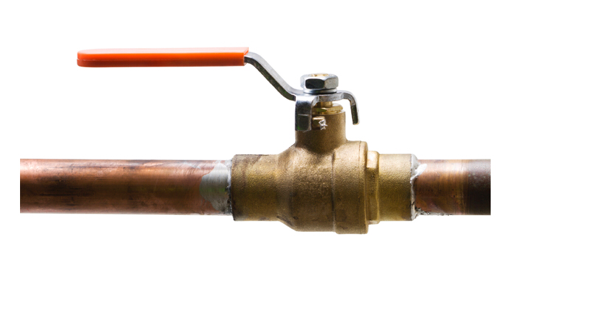
I am sharing this information with prospective and active clients so they can better understand how to protect their investment in their second home when they are away by learning how to turn off the main water valve to their home. See my SERVICES page to learn more about this and other steps you should take to keep your home safe while your away.
Where is the main water valve of my Florida home? How do I shut it off? Should I open a faucet to relieve pressure? What other actions are needed if I shut off the water? While everyone agrees and statistics show that leaks from an water system left on is the greatest risk to your vacant property, not everyone is in agreement on the proper way to turn off the main water valve to your home. This blog will identify the pro’s and con’s and what this writer believes is the method that presents the most benefit and the least risk.
Where is the main water valve and what does it look like and how do I turn it off?
Most likely if you live where there is city water it will be near the front corner of your home, left or right, nearest to the street. If your home was built in the last 20 years it will likely be a ball valve with a lever that is parallel to the pipe when on and perpendicular to the pipe when it is off. If your home is older it may have a gate valve that is turned off by turning it clockwise like a faucet. Gate Valve on the left and the right is a Ball Valve.


Should I open a sink faucet to relieve pressure?
This is where opinion differs, but I will share what my colleagues in the National Home Watch Association have adapted as a best practice when turning off your main water valve and why. The lead paragraph espoused the greatest risk to your vacant home is a water system left on, so some would say the risk remains unless you relieve the pressure stored in the system. To address that you have to ask two things; first how much water would be released in a leak if the main water valve is off? And second are there dangers created by the sudden recharge of the water pressure in a system that has been drained? Since a potential leak is likely not a rupture of a pipe the amount of water likely to leak is small (a gallon of water or less), therefore the risk to the vacant property is relatively small and can be mitigated by keeping some airflow in the residence to dry up any moisture. However, the risk of a sudden recharge of the system by someone opening the main water valve quickly in a partially drained system is great. The reason for the high risk is the water shutoff valve under sinks/toilets are a compression fitting (not glued or screwed on) that can be dislodged by sudden pressure from a water line that has air in it creating a hammer effect. Think about the pool guy wanting to fill the pool or the landscaper getting a drink of water from a hose. This is quite a common occurrence and there is no one in the home to know of a possible disaster happening. So, the recommendation of this author is to turn the water off but do not open a faucet to relieve pressure and drain the system.
What other actions are necessary when I turn the water off?
Two things are very important when turning the water off.
- First is to turn off the water heater. If it’s electric turn off the breaker in the main distribution panel. If it’s gas, then turn it to pilot mode. If it’s tankless, then turn it off at the unit.
- Second if the water system has recirculation pumps, they must be turned off or the pump will be damaged.
I hope this information is helpful. If you would like to learn more or if you still have questions you may want to visit this LINK to learn more. Remember a vacant home is at risk. Please be sure your second home is watched while you are away. And make sure your home watch provider is bonded, insured, accredited by a recognized organization and trained to perform a home watch inspection in a manner that will catch an obvious problem before it becomes a disaster.





